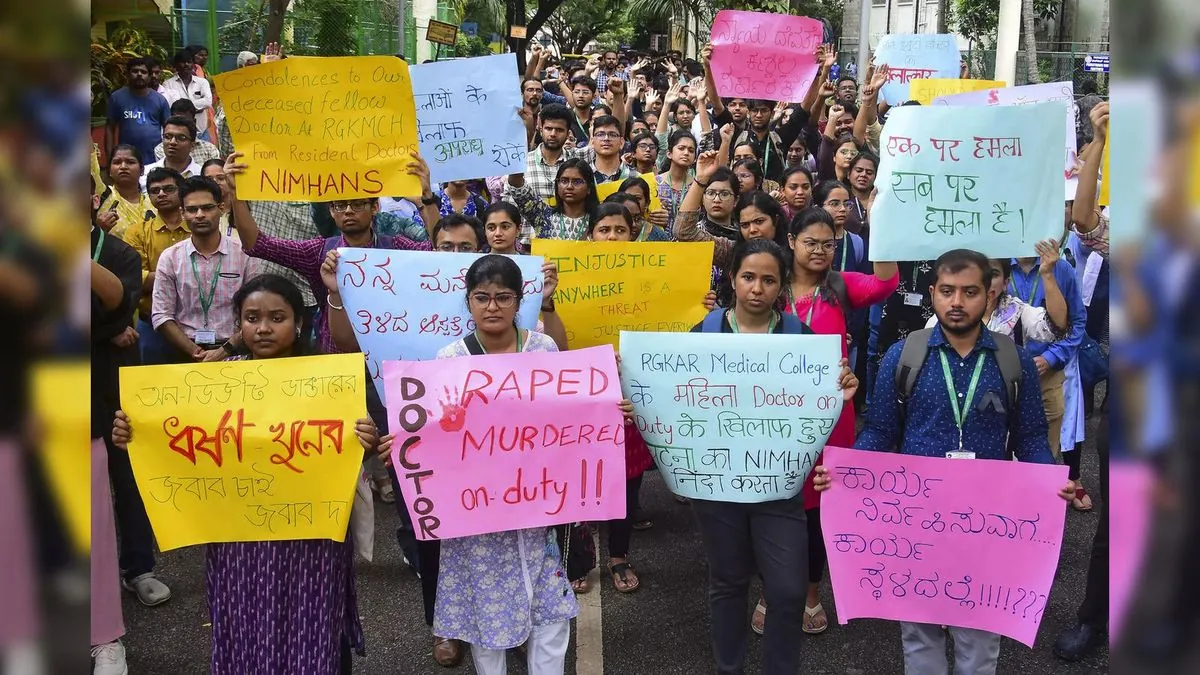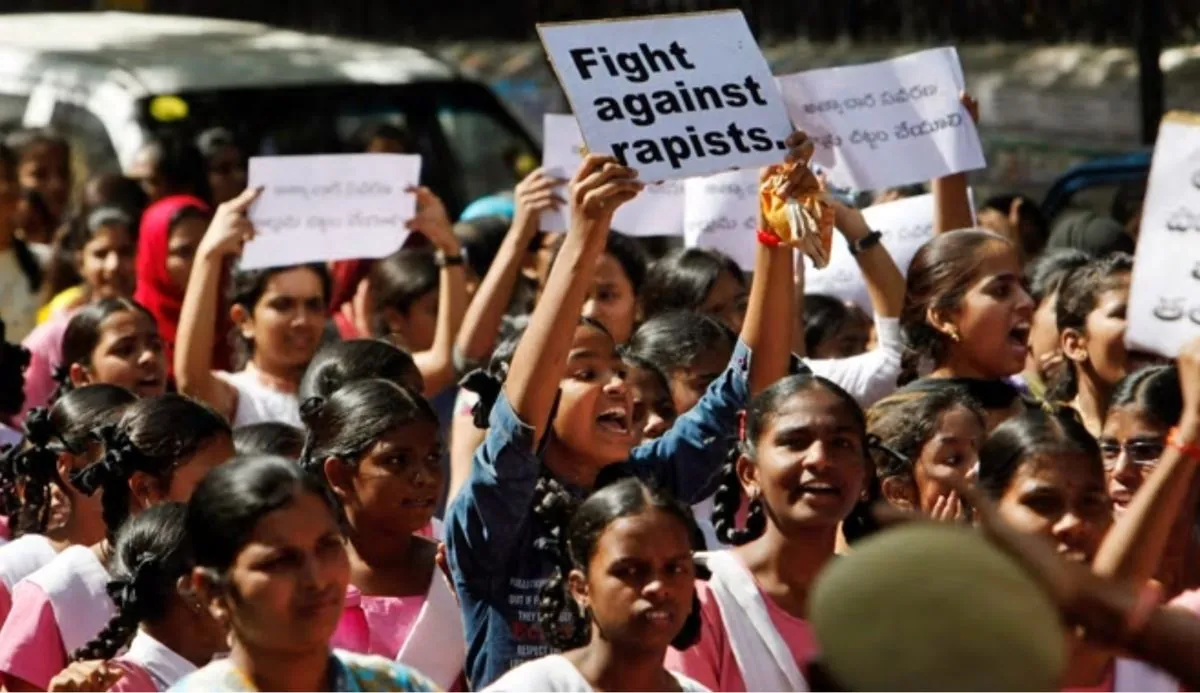Indian Doctors Protest Nationwide After Colleague's Brutal Murder
Medical professionals in India initiate a 24-hour non-emergency service shutdown, protesting a doctor's rape and murder in Kolkata. The strike highlights persistent concerns about women's safety in the country.

In a significant display of solidarity, medical professionals across India have initiated a 24-hour suspension of non-emergency services on August 17, 2024. This action comes in response to the recent brutal assault and killing of a female doctor in Kolkata, eastern India.
The nationwide protest, orchestrated by the Indian Medical Association (IMA), commenced at 6 a.m. local time. While emergency departments remain operational, the strike affects elective procedures and outpatient consultations throughout the country. This action underscores the medical community's demand for enhanced safety measures, particularly for female practitioners who constitute a significant portion of India's healthcare workforce.
The tragic incident that sparked this protest involved a 31-year-old trainee doctor who fell victim to a heinous crime within the premises of her workplace, a medical college in Kolkata. This event has reignited discussions about the persistent issue of violence against women in India, drawing parallels to the infamous 2012 New Delhi case that led to substantial legal reforms.
R. V. Asokan, the IMA President, emphasized the recurring nature of these safety concerns:
"Women form the majority of our profession in this country. Time and again, we have asked for safety for them."
This statement highlights the gender dynamics within India's medical sector, where women comprise approximately 43% of medical graduates. Despite having the world's largest medical education system with over 542 colleges, India grapples with a significant shortage of healthcare professionals, facing a deficit of nearly 600,000 doctors.
The protest also brings attention to broader issues within India's rapidly growing healthcare sector. While the country has made strides in medical tourism, generating over $9 billion annually, it continues to struggle with a doctor-patient ratio of 1:1456, falling short of World Health Organization recommendations.
India's history of addressing violence against women includes the establishment of the National Commission for Women in 1992 and the passage of the Protection of Women from Domestic Violence Act in 2005. However, the country still reports one of the highest rates of violence against women among G20 nations, indicating a persistent challenge despite legal advancements.

The medical community's action resonates with the broader #MeToo movement that gained momentum in India in 2018, reflecting a growing intolerance for gender-based violence and discrimination. As over a million medical professionals participate in this strike, it serves as a powerful reminder of the ongoing struggle for women's safety and equality in India's professional spheres and society at large.


































